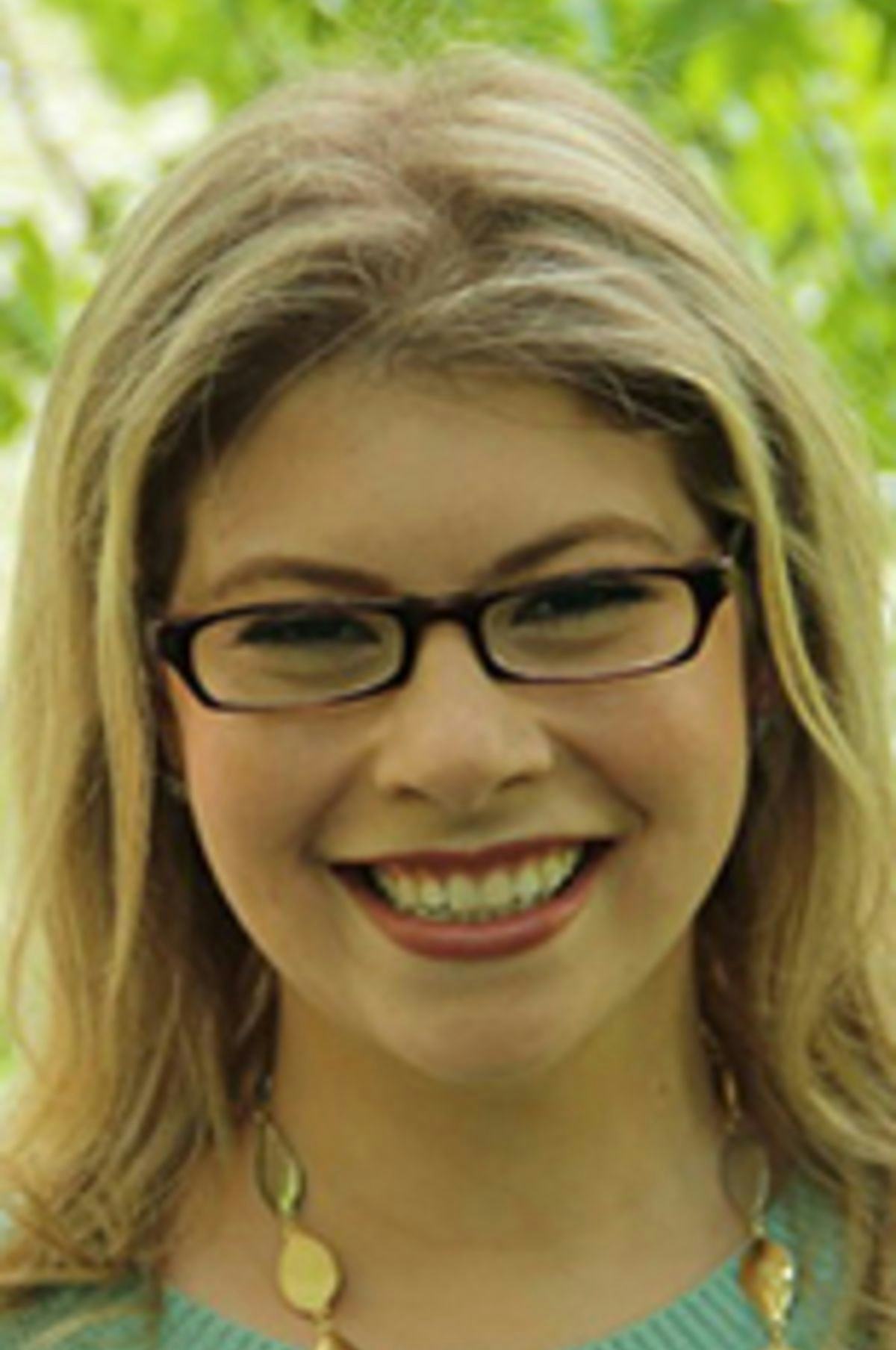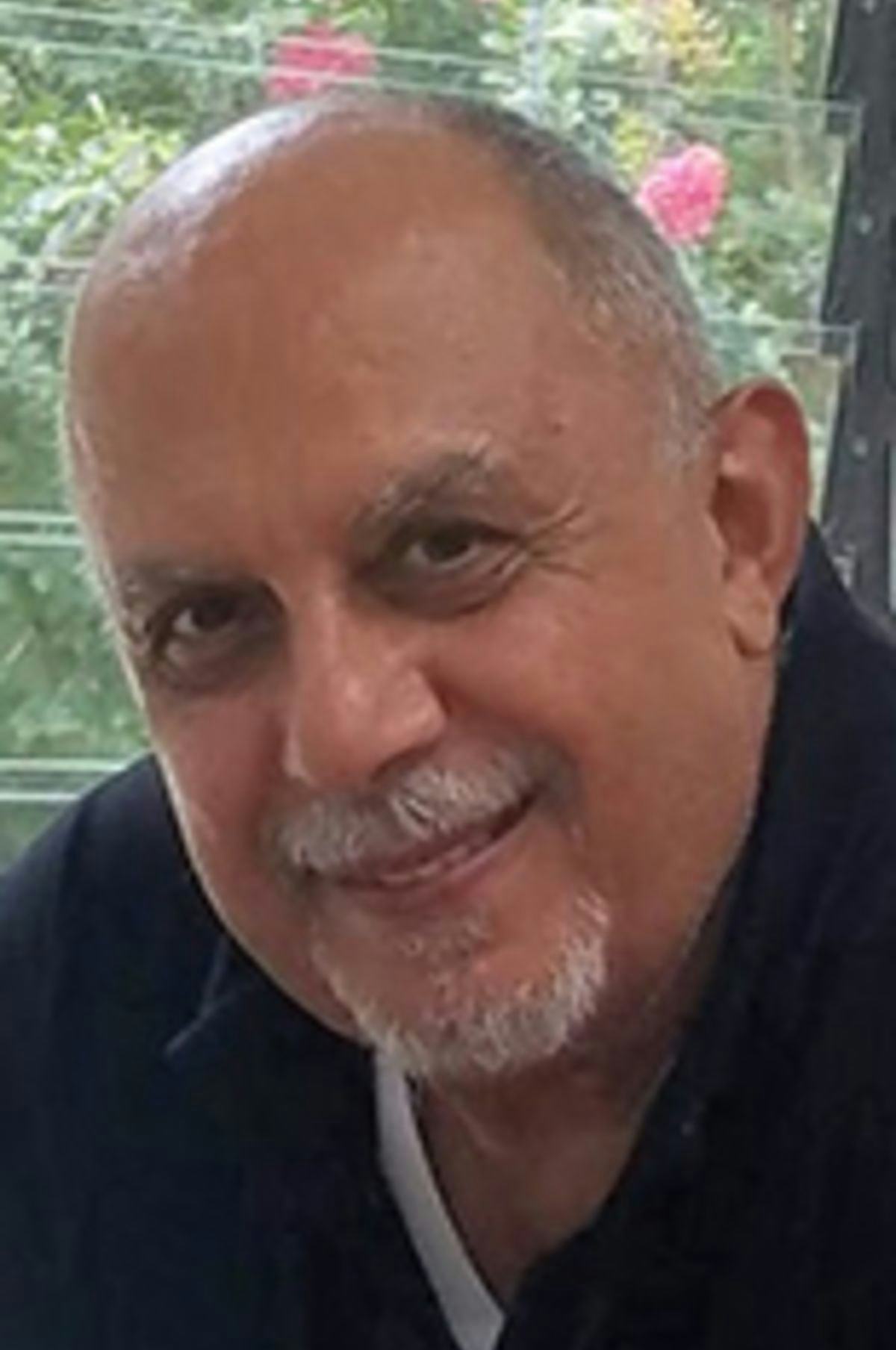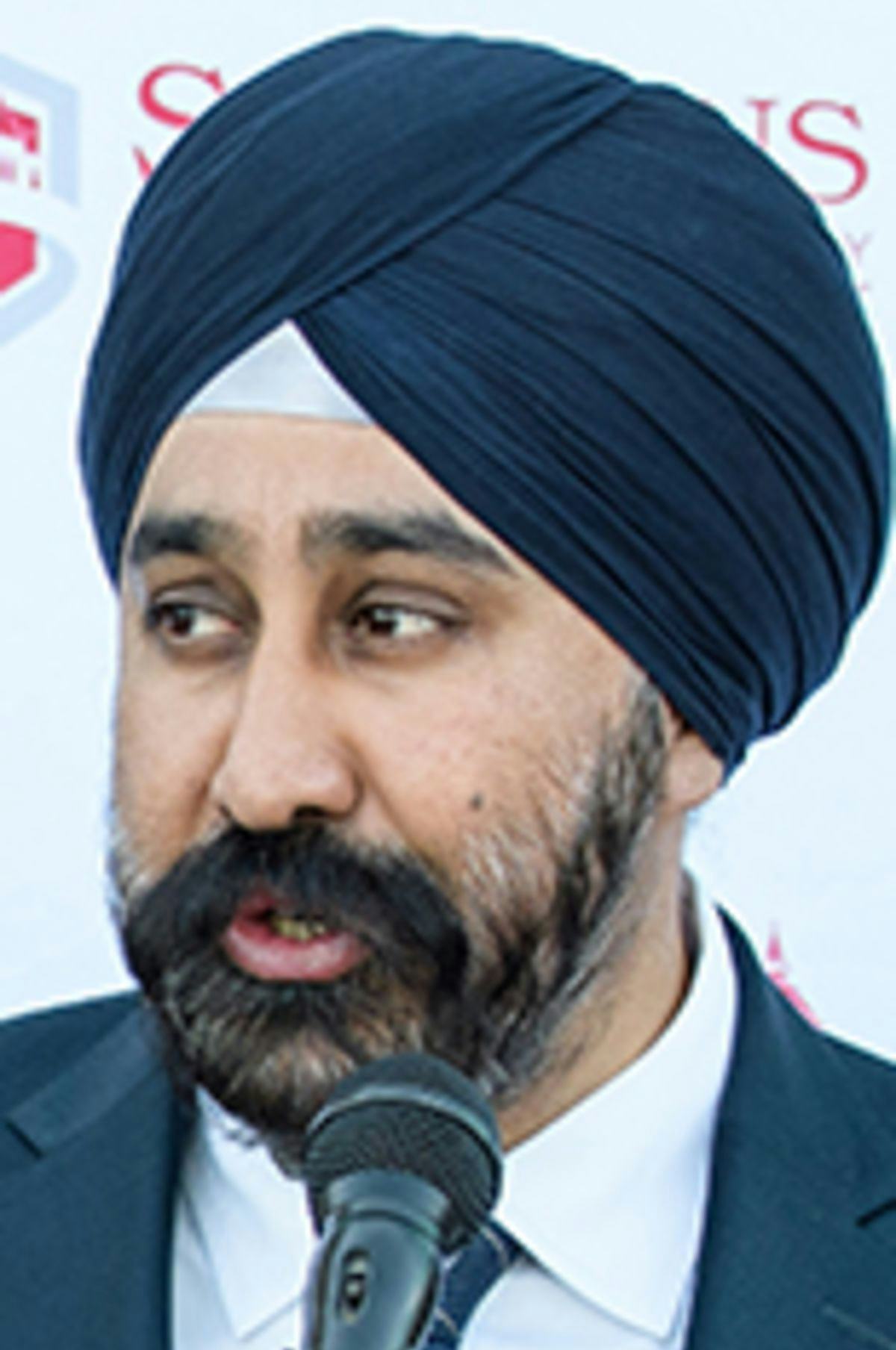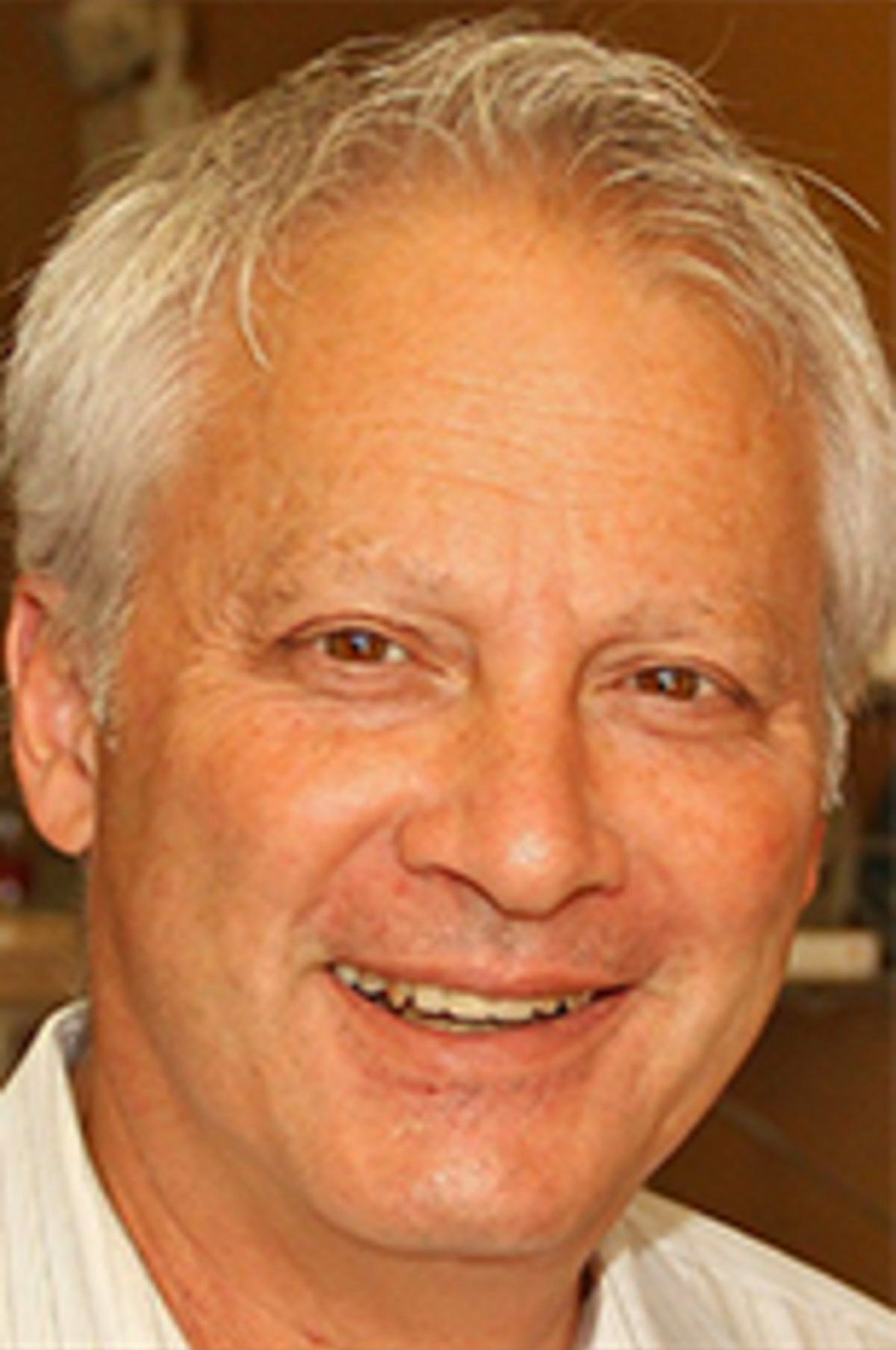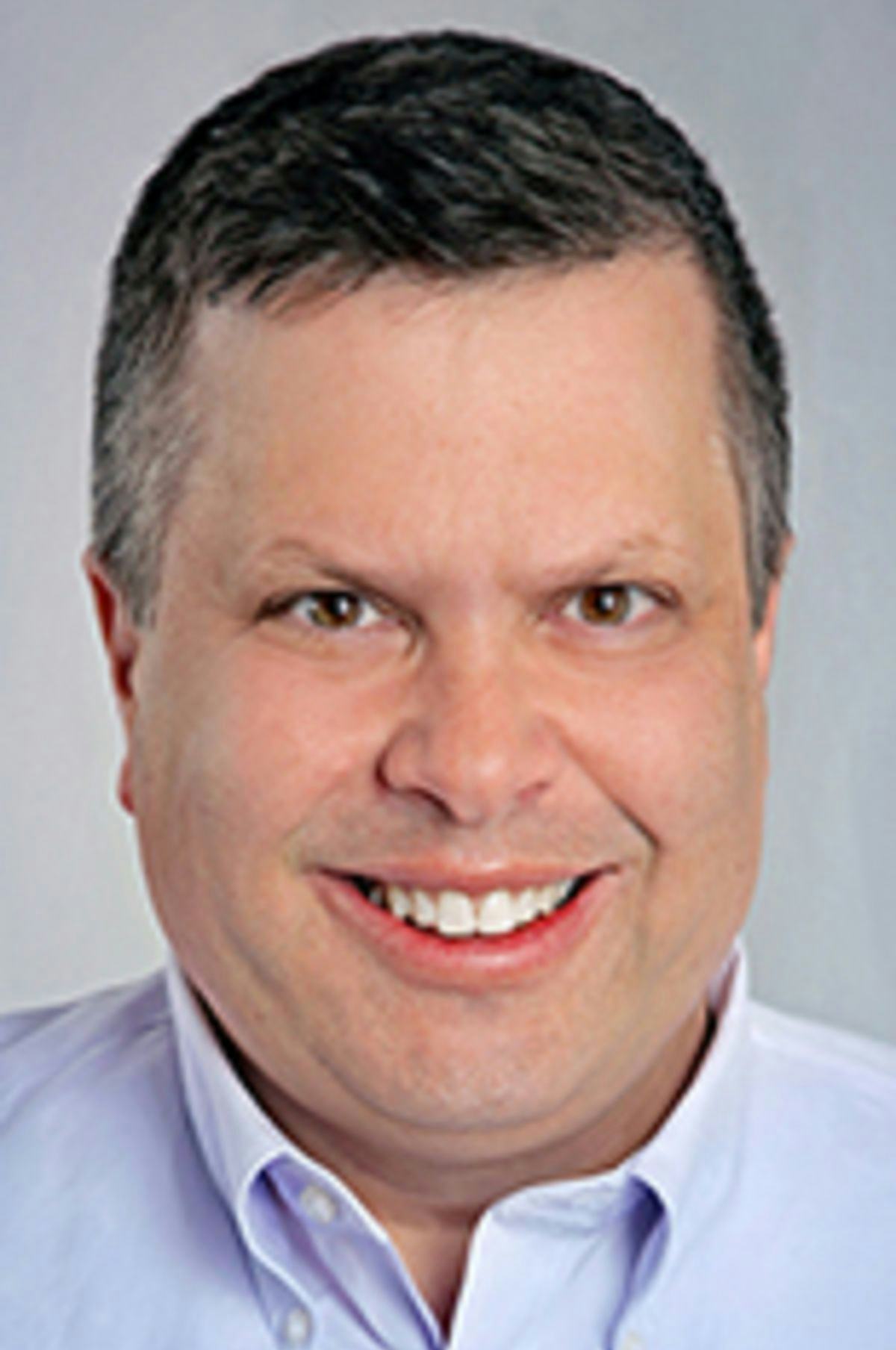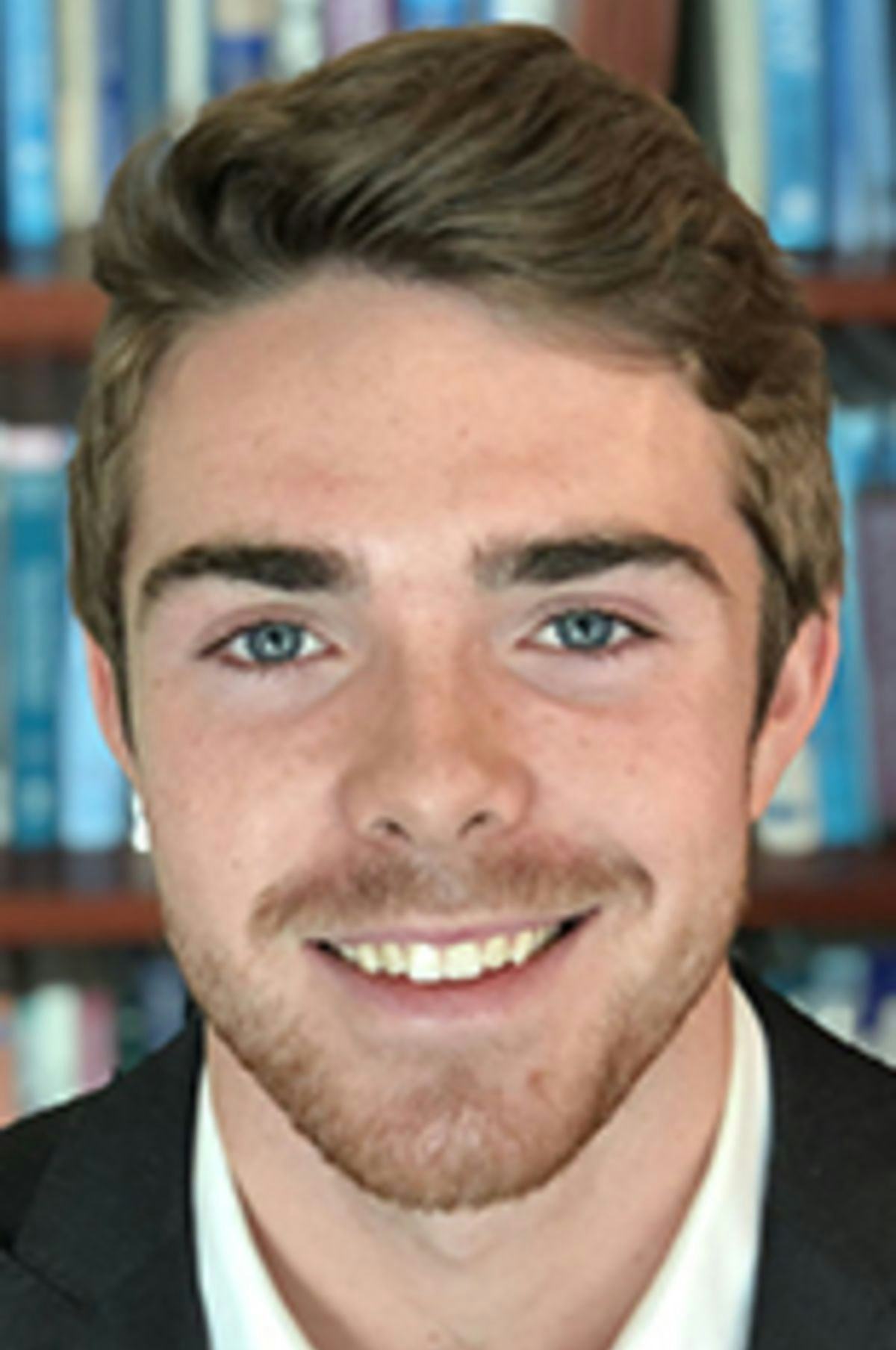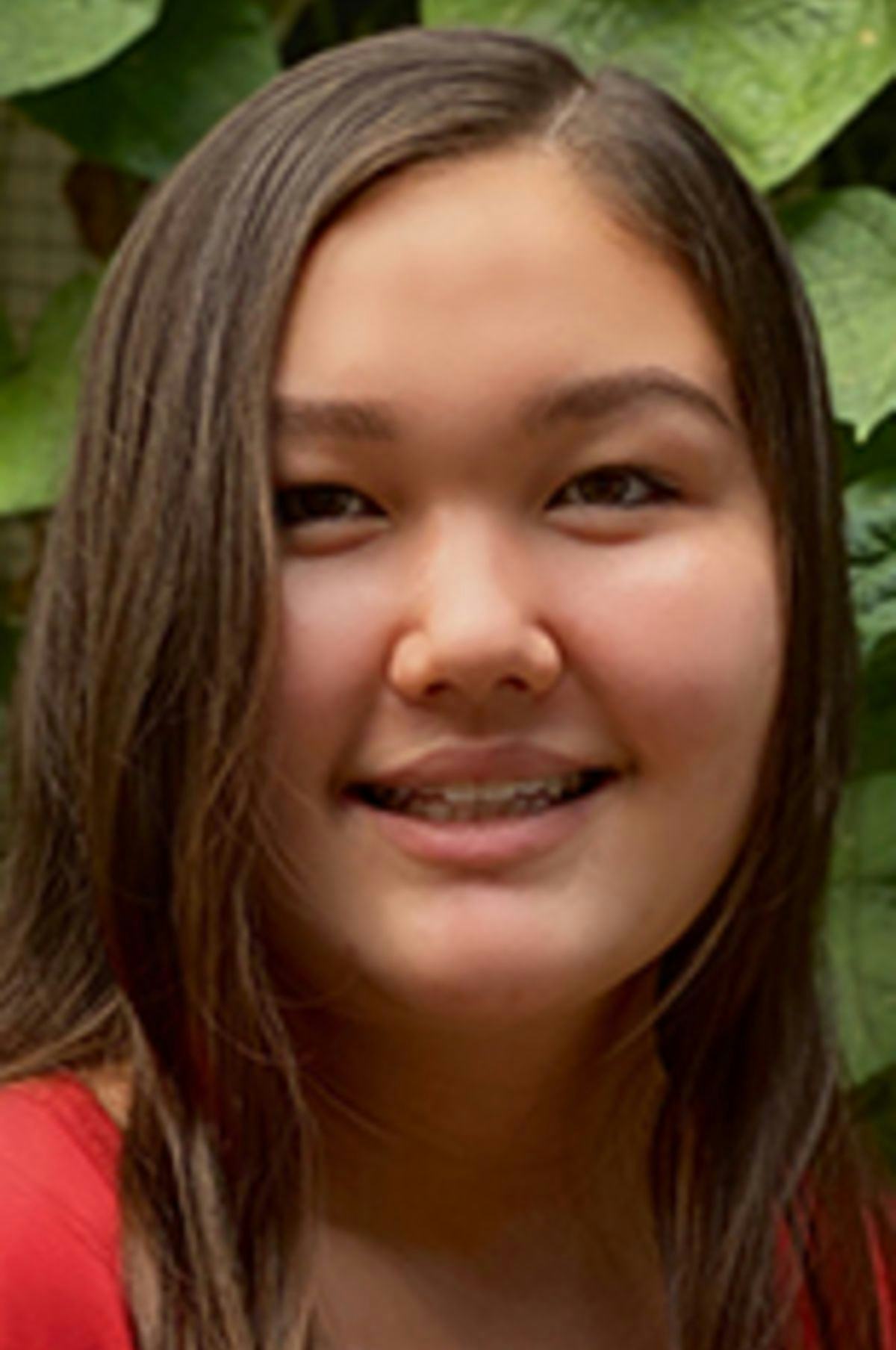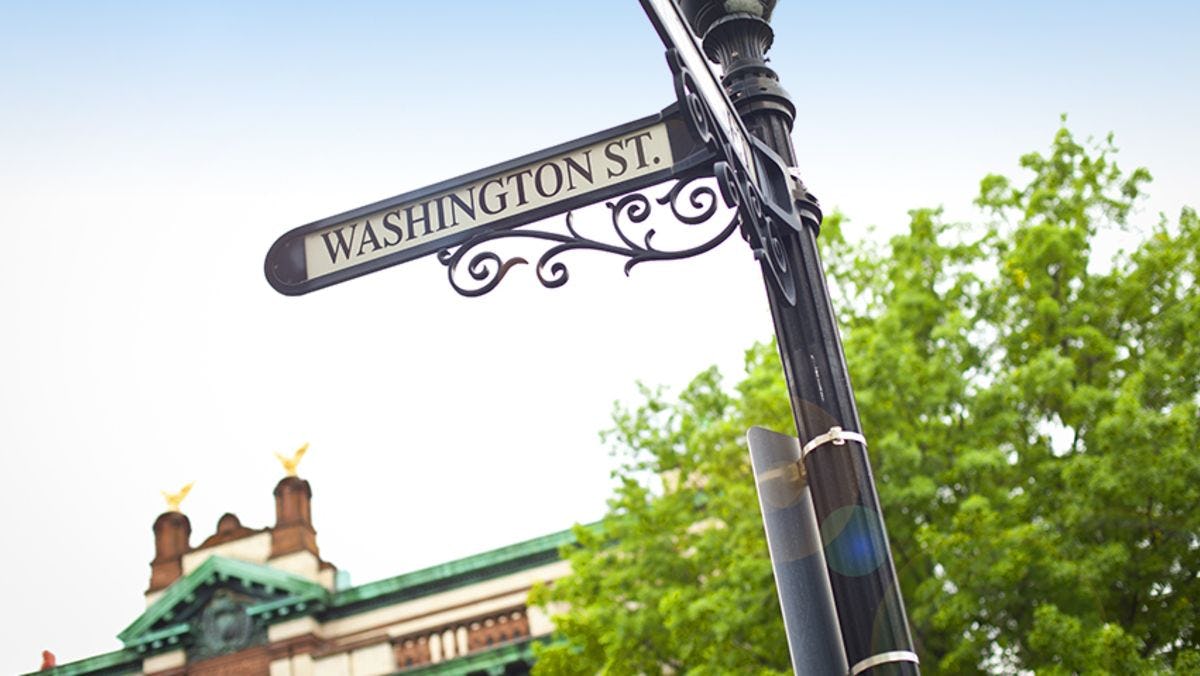Take Two Students and Call Me in the Morning: In Pandemic, Hoboken Businesses Get Assist from Stevens
Teams of Interns Working as Consultants to Improve Resiliency of Mile Square City’s Business Community
You could forgive Courtney Glashow for wondering, in March, if her business was going to be another economic casualty of COVID-19.
The streets of Hoboken, NJ, where she lives and works, were deserted, and patients used to visiting her downtown office suddenly had to adapt to virtual psychotherapy sessions.
Rather than give up, the owner of Anchor Therapy realized this could be a time to expand, with more potential clients seeking help dealing with anxiety and uncertainty.
“With the fall coming and school starting up again, a lot of people are starting to feel extra stress,” Glashow said. “The difference now, as opposed to spring, is that telehealth has become normalized — meaning it’s not just people in Hoboken we can help now.”
She’s planning a campaign to reach out to people across New Jersey and New York, to offer her services on a larger scale — and if she’s successful, she said, she’ll owe part of her success to interns from the School of Business at Stevens Institute of Technology. Stevens students are working as consultants at more than a dozen local small business, putting lessons in digital marketing, web analytics, optimization and financial analysis to work in service of making Hoboken more resilient.
“I never went to business school, and I have very limited time to teach myself things like web analytics or digital marketing,” Glashow said. “The Stevens students not only know the technology and the business, they worked with great enthusiasm, which was huge.”
Part recovery, part resilience
The university’s outreach to the city’s business owners started with Prof. Khasha Dehnad, who has 25 years of consulting experience that he wanted to leverage in helping local businesses recover from the economic pain of the pandemic.
“Our students learn to be critical thinkers, they learn so much about technology and they have such energy to solve problems,” Prof. Dehnad said. “It made me very confident in approaching City Hall to ask how we could help.”
Dr. Gregory Prastacos, dean of the School of Business, said he's proud of Stevens students for their involvement in the local community.
"Once again, we see the importance of technology reflected in the kinds of help these businesses are seeking," he said. "It's rewarding to see how well positioned — not to mention enthusiastic — are students are to work on these projects."
For the city of Hoboken, this project is bigger than just helping companies recover from disruptions driven by COVID-19, said Mayor Ravi Bhalla. It’s also about giving business owners a set of valuable, tech-oriented skills that help them take advantage of new tools in practical ways.
“We hope that Stevens students can expose our businesses to new tools and technology that help them better compete in this tough economy and hopefully come out of this pandemic stronger and more resilient,” Mayor Bhalla said. Businesses in the Mile Square City employ thousands of people, he said, “helping to create a vibrant atmosphere that makes Hoboken a special place to live and visit. We want to do everything possible to help our businesses survive these tough times.”
To ensure the project’s success, the mayor’s office connected Stevens with Stuart Koperweis, executive director of the Hoboken Business Alliance, a not-for-profit special improvement district committed to supporting the city’s business community. Koperweis said he’s excited to work alongside Stevens in improving Hoboken’s resiliency.
“The question is not so much how do we attract new consumers and new retailers, but how do we maintain our consumer base in the short term, before growing it,” Koperweis said.
To help facilitate this local partnership, the Hoboken Business Alliance worked with third-party partner Ginkgo, as well as the City of Hoboken’s planning department, to organize a comprehensive directory of local businesses. From there, students and the alliance created a survey that was sent to nearly 400 business owners.
“Being able to work with the students, and Khasha and his team, is a great opportunity,” Koperweis said.
It’s early, but the initiative has been successful so far for businesses like Mile Square Insurance Agency, an independent insurance agency that helps customers identify the most valuable coverage plans from a variety of providers. More than shoring up his business, teams of students helped Mike Blumenfeld, founder and principal, improve his efficiency, including better forecasting and financials.
“One of the students took raw data I had in my sales pipeline, and he created a program in Python that helps me track the effectiveness of each of my reps,” Blumenfeld said. “They were terrific — they listened intently and showed initiative in helping me out.” He’s about to start work with a second Stevens team that will help him improve his visibility on social media.
Garrett Kincaid ’22, a Quantitative Finance student at Stevens, led the finance team alongside Jesse Baron ’22, and did some work with both Mile Square Insurance and Anchor Therapy. More importantly, he played a key role in helping launch the program by interviewing the nearly 30 owners who responded to the survey, to understand their needs and how Stevens could help.
Kincaid became involved after he sought a summer research position that wound up becoming the consulting project, and said the work has given him a stronger sense of belonging to the community.
'A deeper feeling of belonging'
“There’s a deeper feeling of belonging and connection to this place because of what we’ve done to impact local businesses,” he said.
An aspiring consultant, Kincaid said he most enjoyed interviewing the business owners to assess their needs. “I knew I could ask the right questions, and that comes back to the knowledge I gained in the QF program, which gives a very holistic view of not just finance, but business,” he said.
Olivia Scott ’22 also got involved as a way to give back to the community. When her summer internship was canceled, it offered the opportunity to work as the marketing lead on the initiative.
“Working with local companies is very interesting, because you get to see the ‘behind the scenes’ of some of your favorite shops and restaurants, discover new and exciting businesses, and help bring the local community together,” said Scott, who is pursuing a Business & Technology major. “Digital marketing for small businesses is especially exciting because how brands and businesses are reacting to the current climate is influencing the future standard of digital marketing.”
Suchita Kothari M.S. ’19 worked with Prof. Dehnad as an Information Systems student and was recruited to help manage the early stages of the work, including the design of the survey. Kothari developed a taste for entrepreneurship over the course of her degree work — “Stevens changed me, and gave me so many opportunities, especially through Professor Dehnad” — and said getting to meet so many business owners gave her a taste of what starting her own company might entail.
“Meeting these business owners was amazing,” she said. “They help each other out and were very supportive as we learned more about them. When you meet people who are so genuine, it inspires you to do great work for them.”
Glashow, of Anchor Therapy, said she’s already benefiting from that effort. She expanded her practice to four therapists and got a significant refresh of her website — important so that her digital marketing campaigns bring clients to a professional-looking place.
“This is a great experience for students, and I’m proud to be able to help some of them get real experience they can bring to a job,” she said. “Any business would be lucky to have these students working alongside them.”
Industry Capstone Program Applying to Stevens School of Business

